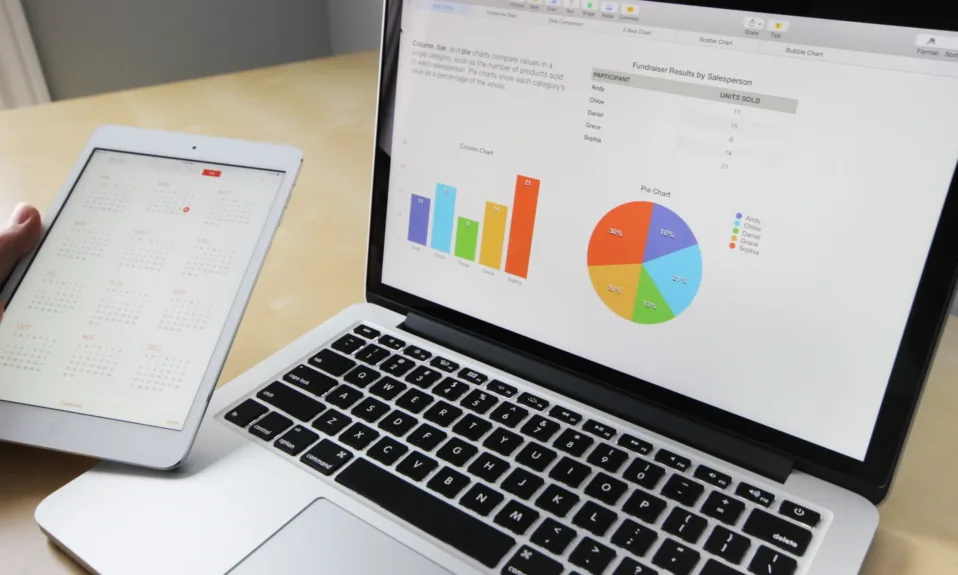Business Intelligence (BI) is continuously evolving, driven by advancements in technology and the increasing need for data-driven decision-making. As we look ahead, several trends and predictions are shaping the future of BI. In this article, we will explore the key trends that will define the future of Business Intelligence.
- Data Democratization
The future of BI will witness a shift towards data democratization, where data and insights will be accessible to a broader range of users within an organization. Self-service BI tools will become more prevalent, enabling non-technical users to explore data, generate reports, and gain insights independently. This democratization will empower employees at all levels to make data-driven decisions, fostering a culture of data-driven excellence.
- Natural Language Processing (NLP)
NLP is set to revolutionize how users interact with BI systems. Instead of relying solely on dashboards and visualizations, users will be able to ask questions in natural language and receive instant responses based on data analysis. NLP capabilities will make BI more intuitive and user-friendly, reducing the learning curve and improving data accessibility for everyone.
- Augmented Analytics
Augmented Analytics will leverage AI and Machine Learning to automate data preparation, analysis, and insights generation. This automation will enhance the accuracy and speed of data analysis, enabling organizations to uncover deeper insights and identify trends that would have otherwise gone unnoticed. Augmented Analytics will free up data analysts and business users to focus on more strategic tasks and decision-making.
- Real-Time Analytics
In the future, real-time analytics will become a standard requirement for businesses. BI tools will be equipped to process and analyze data as it is generated, providing immediate insights and enabling swift responses to changing market conditions. Real-time analytics will be crucial for industries where data freshness is a competitive advantage, such as finance, retail, and online services.
- Mobile Business Intelligence
As mobile devices continue to dominate our digital landscape, Mobile Business Intelligence will play a significant role in BI strategies. Decision-makers will require access to critical insights on the go, allowing them to stay connected and make data-driven decisions from anywhere. Mobile BI applications will become more sophisticated, offering interactive and user-friendly interfaces for data exploration.
- Data Storytelling
Data storytelling is an emerging trend that involves presenting data insights in a compelling narrative format. BI tools will focus on transforming complex data into engaging stories, combining visualizations, context, and key takeaways to effectively communicate the impact of data analysis. Data storytelling will enhance data communication, making it easier for stakeholders to grasp and act upon the insights presented.
- Hyperautomation
Hyperautomation refers to the use of advanced technologies like AI, Machine Learning, and Robotic Process Automation (RPA) to automate and optimize business processes. In the context of BI, hyperautomation will streamline data collection, processing, and insights generation, further reducing manual intervention and accelerating decision-making.
- Continuous Intelligence
Continuous Intelligence involves real-time analysis of data streams, enabling organizations to detect and respond to emerging trends and opportunities immediately. BI tools will evolve to provide continuous insights, ensuring organizations remain agile and proactive in a rapidly changing business landscape.
In conclusion, the future of Business Intelligence holds exciting possibilities. Data democratization, NLP, augmented analytics, real-time analytics, mobile BI, data storytelling, hyperautomation, and continuous intelligence are among the key trends that will shape the evolution of BI. Organizations that embrace these trends and invest in cutting-edge BI technologies will gain a competitive edge, driving growth and success in an increasingly data-centric world.





